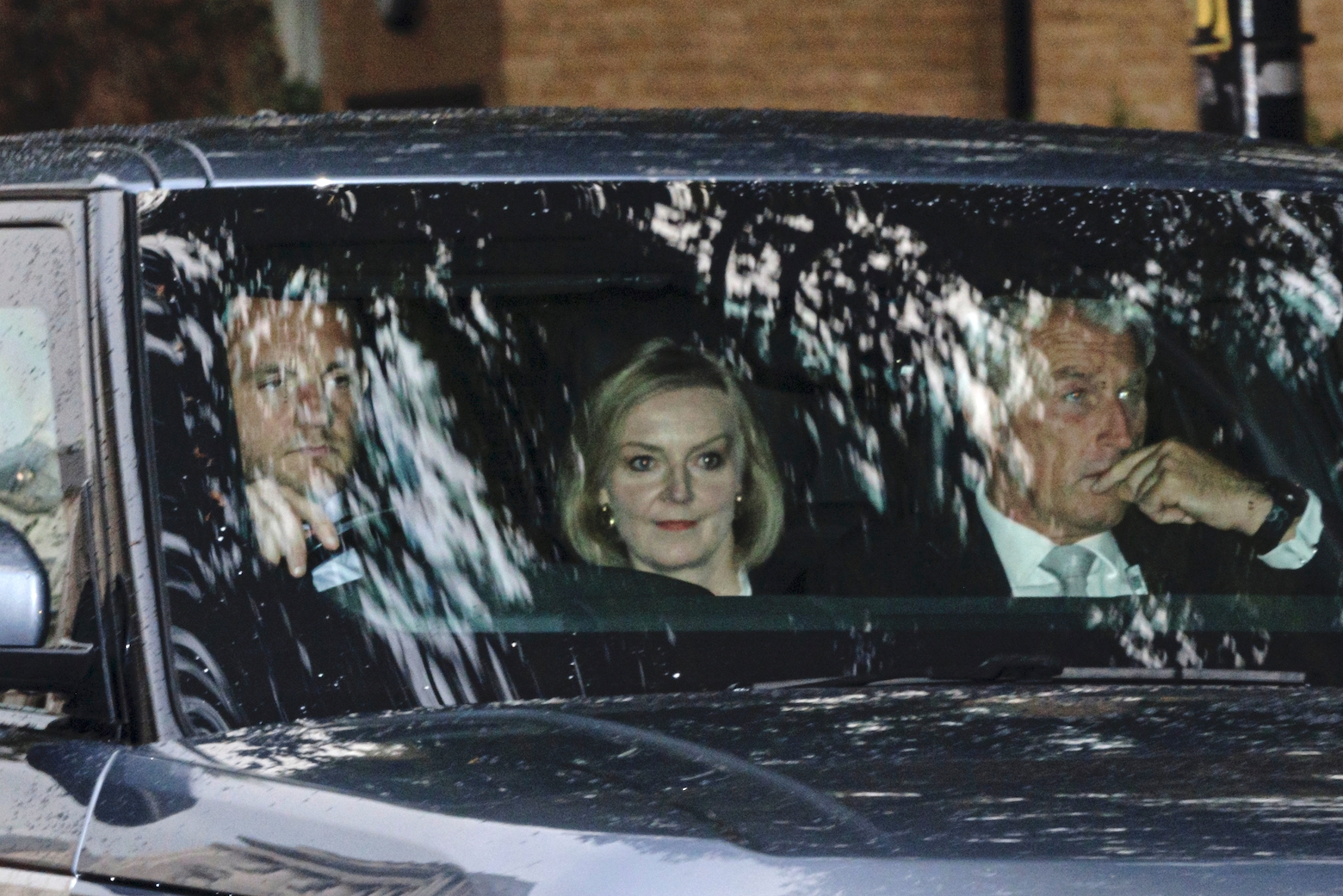The fallout from last Friday’s mini-Budget has been bigger and more volatile than almost anyone expected, with sterling hitting an all-time low against the dollar; runaway gilt yields; a U-turn from the Bank of England on its plans to start quantitative tightening. And that was all by Wednesday lunchtime.
Will things be looking up anytime soon? The pound has recovered to pre-mini-Budget levels, hovering around $1.11, a point the Prime Minister’s supporters are keen to emphasise. But the pound has always been a secondary part of this story: with soaring borrowing costs the primary indication of the market’s confidence (or lack thereof) in the government’s tax cut-and-spend strategy.
The real good news ending this tumultuous week (or, rather, better news than what’s been flooding in so far) is that the Office for National Statistics has just released revised GDP figures, and the new numbers suggest that the UK is not, as feared, already in recession.
GDP for Q2 of this year has been updated from a 0.1 per cent contraction to a 0.2 per cent rise. Furthermore, projections for Q3 are forecast to be a 0.1 per cent rise. As the technical definition of a recession is two consecutive quarters of negative growth, this would suggest the UK is months away from falling into recession – and still in a position to avoid it altogether.
But the good news stops there. The revised figures also reveal that the UK economy has not recovered to its pre-pandemic levels, estimated to be 0.2 per cent below February 2020 levels. It is the only advanced economy to have failed to fully bounce bank, putting even more strain on the government to meet its own 2.5 per cent growth target. The government’s decision last year to keep Britain in one of the longest lockdowns in Europe (despite the successful vaccine rollout) is constantly being highlighted in the numbers – from NHS waiting lists to education setbacks – and in the GDP figures, too.
What does all this mean for a Prime Minister already in the spotlight? Liz Truss claimed on the campaign trail that a vote for her could save the UK from recession: a hostage-to-fortune comment at the time, as initial GDP figures suggested the UK economy was already contracting. Updated figures mean she has the opportunity to make good on that promise with the right economic policy. But her first week testing out Trussonomics would suggest this formula hasn’t been discovered just yet.
Indeed, yesterday’s local media round is thought to have done Truss’s economic agenda more damage as she struggled to communicate the fiscal strategy she and her Chancellor Kwasi Kwarteng laid out to parliament and the country last Friday. Having failed to calm markets with yesterday’s explanations, today she meets with the head of the Office for Budget Responsibility – whose analysis and forecasts were kept out of last week’s announcements – for emergency talks.
It’s the first indication of a U-turn from the Prime Minister; albeit a subtle one. Having lumped the OBR into the ‘Treasury orthodoxy’ that the Truss administration wants to shake up, the decision not to include the OBR in last week’s statement is now viewed by some MPs in her own party as a ‘deliberate’ move to avoid scrutiny. The absence of OBR forecasts has contributed to market panic, as the tax cuts (which defied all expectations) and borrowing agenda (£45 billion and an additional £70 billion respectively) had no assessment published along with them.
Going to the OBR today is an indication that Truss might realise it was a mistake to pick a fight with the OBR – especially as she was getting tough with the Bank of England and the Treasury at the same time. It’s a rollback that she can live with; unlike U-turning on the tax-cutting agenda her government laid out only a week ago. But this sign of mea culpa may not be enough to get things back on track. Time – and the markets – will tell.








Comments